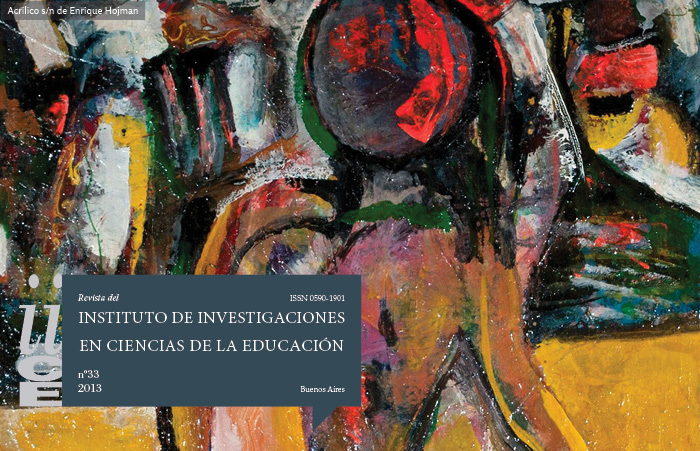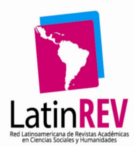Mandatory secondary education in Argentina: between the expansion of traditional model and alternatives small scale
Keywords:
Secondary school, mandatory schooling, schooling conditions
Abstract
The expansion of mandatory schooling in Argentina confronts limitations in bringing new sectors into secondary schools because of an institutional model that has failed to formulate variations suitable for creating conditions for retaining students. This paper reflects on schooling conditions provided by two types of experiences. First, experiences carried on in Buenos Aires City, and in two provinces (Buenos Aires and Córdoba), that make modifications on the organizational model and academic structure of the traditional secondary school. Due to the radical nature of their innovations, these institutions have managed to have a favorable impact on the target population, even if that impact is small in scale considering the problem they try to solve. Second, this paper discusses a nationwide policy geared to every secondary school in Argentina. While this plan has the potential to solve some historical problems in secondary school education, it faces the difficulties that come with large-scale implementation, due to specific configurations in each of the institutions, as well as the obstacles that the secondary school institutional model itself imposes on development.Downloads
Download data is not yet available.
How to Cite
Terigi, F., Briscioli, B., Scavino, C., Morrone, A., & Toscano, A. G. (1). Mandatory secondary education in Argentina: between the expansion of traditional model and alternatives small scale. Revista Del IICE, (33), 27-46. https://doi.org/10.34096/riice.n33.1099
Issue
Section
Dossier: La educación secundaria frente a los desafíos de la obligatoriedad











